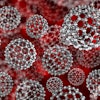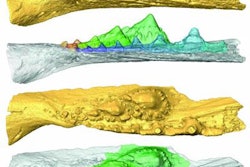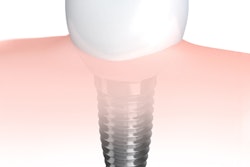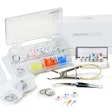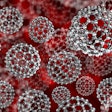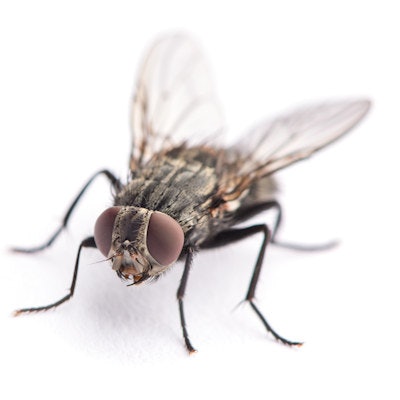
Medical technology company Anisop and the University of South Australia (UniSA) plan to use nanoengineering concepts to develop new antimicrobial dental implants that mimic the surface of insect wings resistant to infection.
The goal with the implants is to protect patients from surgical component-based infections. The implants will be developed using nature-based research that has focused on the surfaces of plant and animal species that are resistant to microbial infections due to their unique structure at the nanoscale.
"This kind of nanotechnology opens up important new ways of preventing infections before they become a serious or potentially life-threatening problem," Krasi Vasilev, PhD, a lead UniSA researcher, said in a press release issued by the school.
Fighting without antibiotics
Antibiotic resistance and the way infections can reduce the success of devices such as dental and orthopedic implants led researchers to look to nature for a solution. This is how they ended up focusing their research on imitating structures found on insects' wings. These structures contain billions of nanopillars that stand in the way of bacterial colonization.
"The structure mechanically kills the same broad range of bacteria known to cause orthopedic and dental implant infections, which can lead to the failure of the procedure," Vasilev said.
The research relies on nanomechanics to protect against bacteria, instead of adding to potential antibiotic resistance by drawing from a dwindling pool of antibiotics to fight infection, Vasilev noted.
There are also the potential dollars that could be saved. Patients could save millions globally if they do not need to have repeat procedures, some of which have a failure rate of between 5% and 10%, according to researchers.
Proof and patents
Now that the proof-of-concept research for the project has been completed and the collaboration has obtained patents in Australia and the European Union, the goal is to show the safety and effectiveness of the nanoengineered surfaces for implants, bringing them closer to patient use.
Infection prevention is the most important unmet need for medical devices such as dental implants, said Dan Barker, MD, Anisop's chief medical and technology officer.
This novel surface treatment for titanium implants is "transformational, safe, and effective," Dr. Barker said.

